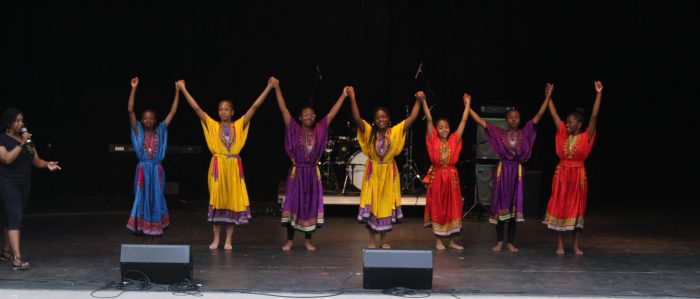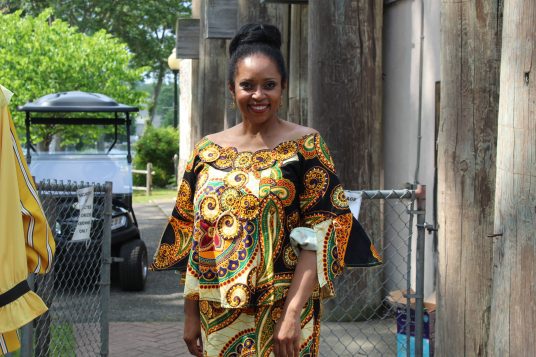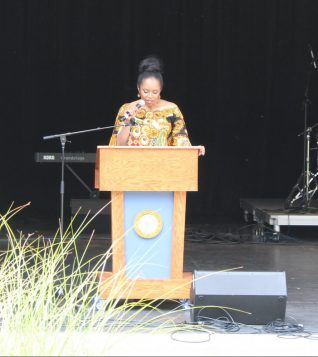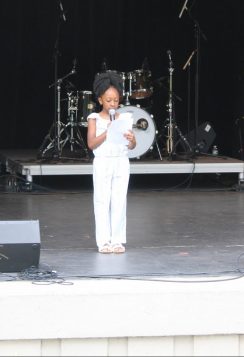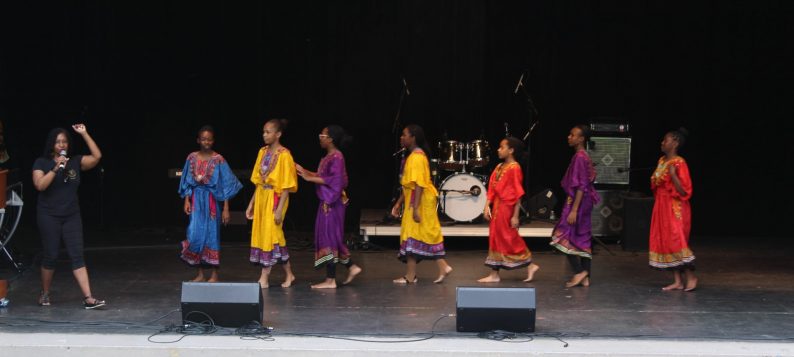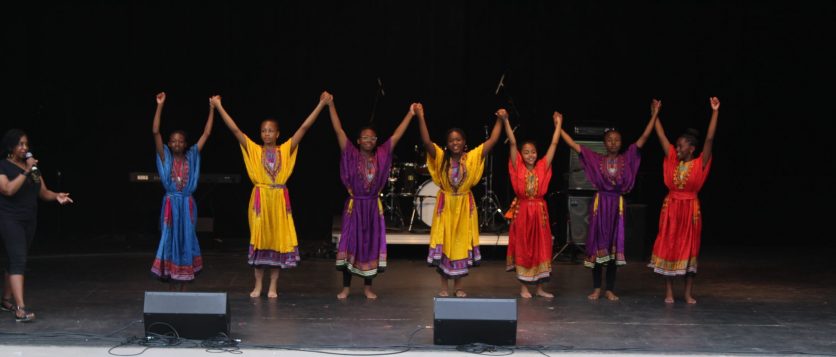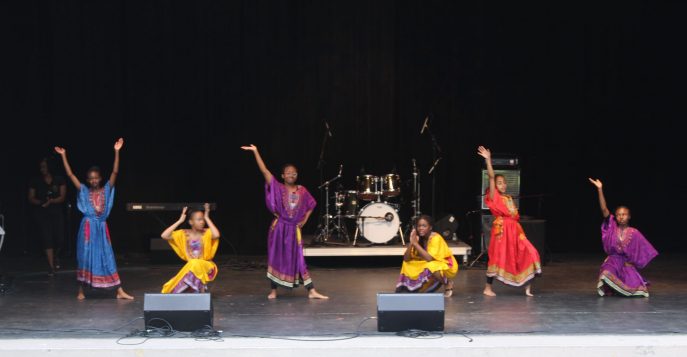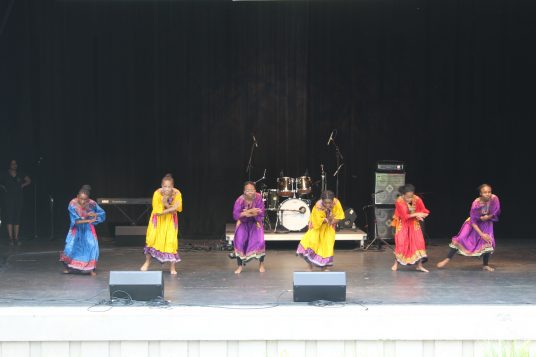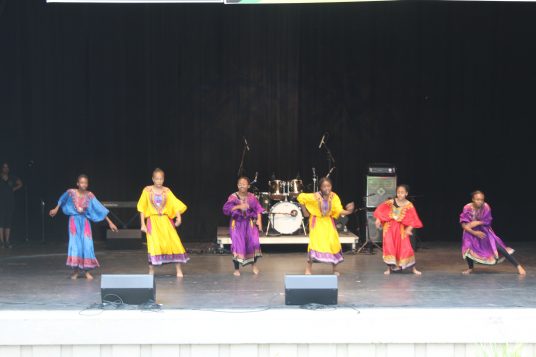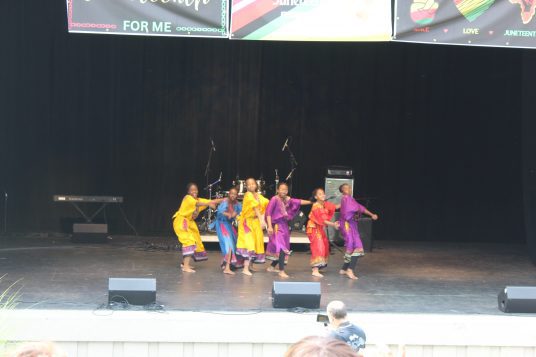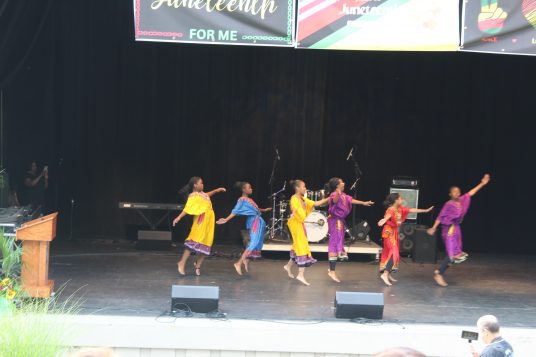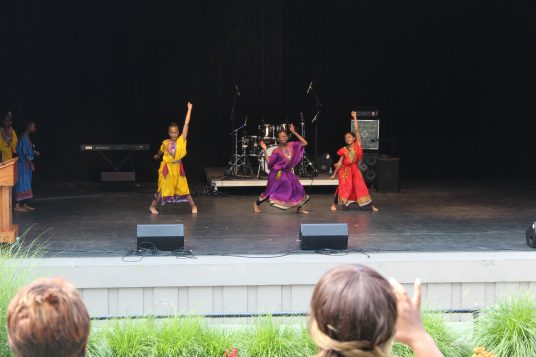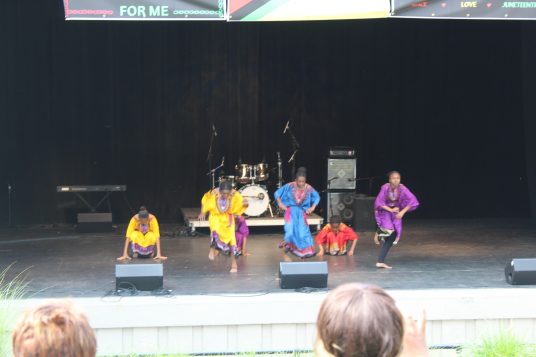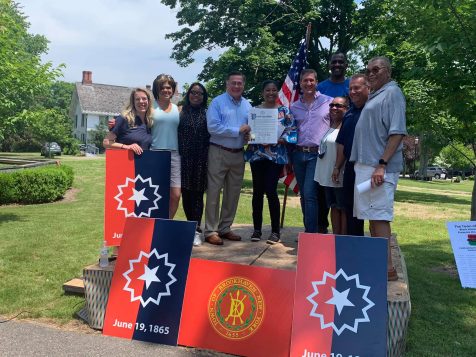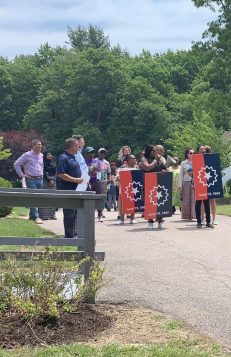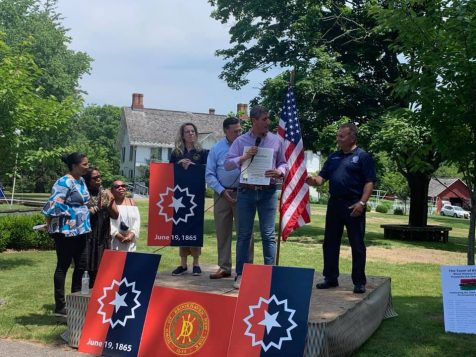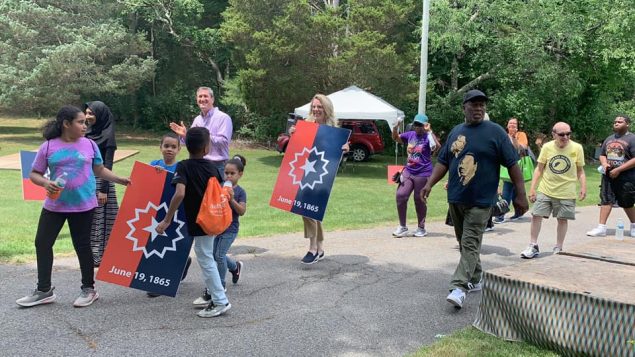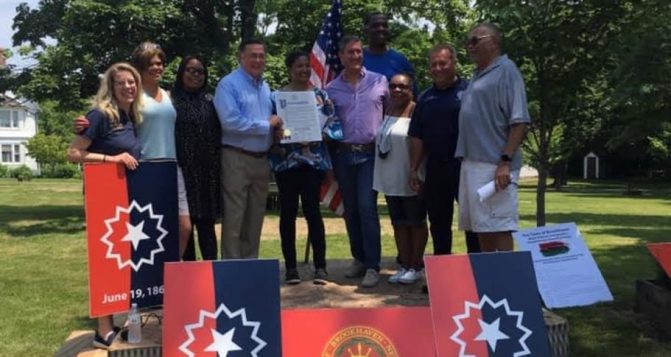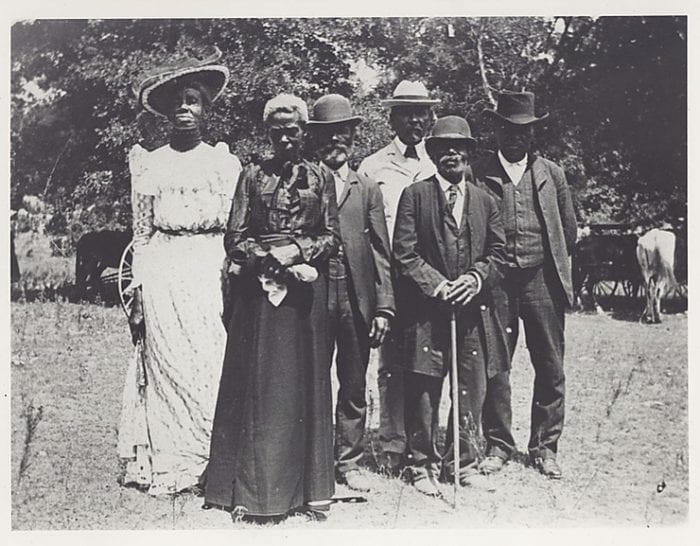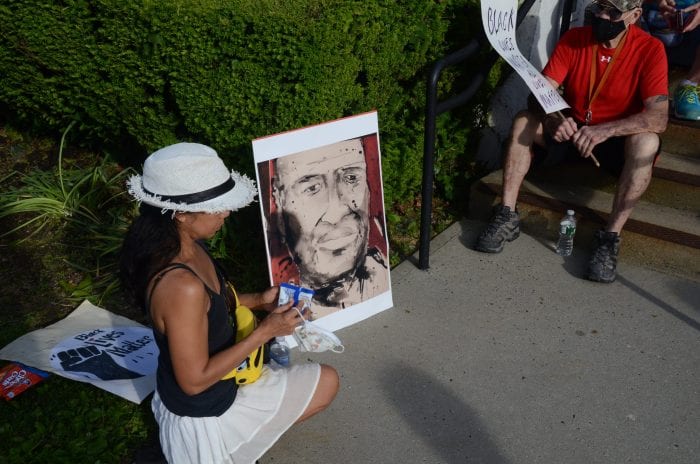This article originally appeared on the Three Village Historical Society website and is reprinted with permission.
By Tara Ebrahimian
Juneteenth, first established by the Black community of Texas in 1866, is now getting in New York State the recognition it has long deserved. On June 17, 2020 Governor Andrew M. Cuomo announced that he would, by Executive Order, recognize Juneteenth as a state holiday, and put it before the New York legislature to make this mandate, law. Although Juneteenth began in the South, it is widely observed throughout the country. It is annually observed in New York, including on Long Island, through independent and collaborative celebrations. Juneteenth’s historic and cultural relevance impacts the entire nation and remains hugely significant for Black heritage and United States history.
It commemorates June 19, 1865, when enslaved Blacks learned that they were legally free. Union Army General Gordon Granger arrived with his troops in Galveston, Texas, and made a profound announcement: the war and slavery were over. Technically the war ended when General Robert E. Lee surrendered on April 9, 1865, and the Emancipation Proclamation, effective January 1, 1863, freed enslaved persons in Confederate states, but the news had not been shared in Texas. It was the last stronghold of slavery. Since 1862, when New Orleans was captured, slave owners from Mississippi, Louisiana, and other southern states had moved with their slaves to Texas. There were approximately 250,000 enslaved people residing in Texas when the declaration was made.
Granger’s delivery of the news did not result in an immediate end of slavery. Blacks in Galveston initially celebrated the revelation, but the mayor contradicted the law and forced them to go back to work. It was largely left to the slave owners’ discretion whether they informed individuals that they were no longer enslaved. Many did not initially share the information and instead waited for the arrival of a government agent to tell them. Blacks were frequently not informed until after the harvest. A number of newly emancipated individuals ignored the censure to stay put and left for Arkansas, Louisiana, and Oklahoma. They did so at their own risk; there were numerous reports of Blacks being lynched as they tried to leave.
In 1866 freed people in Texas, in conjunction with the Freedmen’s Bureau, organized formal celebrations for “Jubilee Day.” During the years immediately after the war, Jubilee Day was sometimes celebrated on January 1st, a reference to the enactment of the Emancipation Proclamation. It also functioned as a rally for political and social advancement; Jubilee Day frequently offered instruction for voter registration and participation. The day became a mainstream event in Black communities and featured festivities, activities, and food.
Segregation in cities prohibited Blacks from going to public parks. Church grounds were often used as sites for the events. And, freed individuals pooled money to purchase land on which to hold celebrations. For example, Black community leaders, led by Reverend Jack Yates, raised $1000 in 1872 to purchase land that is now Houston’s Emancipation Park. These annual celebrations began drawing thousands of participants throughout Texas and expanding beyond the state. By the end of the century, Jubilee Day was known primarily as Juneteenth.
During this period, many southern states enacted punitive and punishing Jim Crow legislation that undermined or undid the economic and political progress Blacks had made during and after Reconstruction. These local and state laws were designed to subjugate and stymie Black social, economic, and political development. They disenfranchised Black people through segregation and policies such as the Grandfather Clause that limited or eliminated voting rights.
Many freed people left Texas and the South in search of greater opportunities in the North. Juneteenth was a still Southern celebration and attendance outside of Texas began to wane. Younger generations, more removed from the war and seeking to distance themselves from the legacy of slavery, also started to distance themselves from participating in the unofficial holiday. As the twentieth century progressed, and people moved from agricultural to industrial employment, it was increasingly unlikely that people would be granted time off work for Juneteenth. The Great Depression, in particular, caused a migration from the country to the cities.
The Civil Rights movement caused a resurgence in awareness about Juneteenth. Black youth joined their elders in the fight for Civil Rights. There was increased interest in and engagement with history and how the past informs the present. The Poor People’s March to Washington, D.C. served as a catalyst for renewed interest in Juneteenth. Participants returned to their home states and initiated Juneteenth celebrations in locations that had never before experienced them.
In 1980, Texas was the first state to formally recognize Juneteenth; it declared the date a “holiday of significance…” At the end of the decade, California, Illinois, Wisconsin, Georgia, and Washington, D.C., were among the places that presented major events for Juneteenth. Although Congress has remembered Juneteenth in different ways over the years, it is not yet a national holiday. In New York, “Juneteenth Freedom Day” was first identified as a commemorative holiday in 2004, per a state law signed by Governor George Pataki.
Long Island hosts a growing number of events and programs dedicated to this occasion. Frequently celebrated on the third Sunday in June, modern events share certain traits with their predecessors, including picnics, cookouts, historical reenactments, street fairs, parades, etc. This year’s festivities are scaled back due to COVID-19, but certain celebrations, such as the Long Island Unity March on June 19, were still scheduled.
Author Tara Ebrahimian is the Education Coordinator at the Three Village Historical Society in Setauket — www.tvhs.org.

